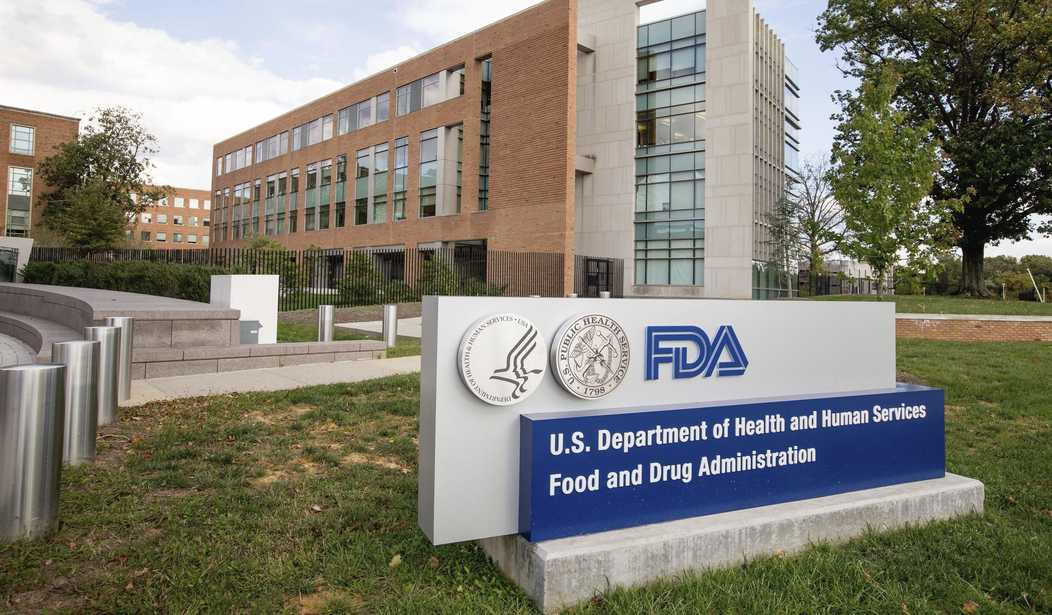Dr. Harvey Risch is a Yale epidemiologist with over 7,000 results on Google Scholar. On May 27, he published an opinion in the American Journal of Epidemiology after reviewing the available evidence on the use of hydroxychloroquine (HCQ), zinc, and antibiotics in outpatient settings for COVID-19. He later wrote an editorial for Newsweek advocating for the drug combination to treat patients in the early stages of COVID-19 on an outpatient basis.
I wrote about the study on June 27. It came to my attention via e-mail from a retired high-ranking physician in the military rather than the media or our national Health Experts™. By that time, having researched the virus and how HCQ, azithromycin (AZT), and zinc work, the idea that it could benefit patients early in a COVID-19 infection seemed more than logical. To become a registered nurse, I had to take college-level biology, anatomy and physiology, pharmacology, and microbiology. I have a high degree of confidence in my reading of the literature.
I was motivated to take a look at the research when the media freaked out after President Trump said he was hopeful that two drugs, hydroxychloroquine and remdesivir, would help reduce suffering related to COVID-19. The corporate media flew into a full-on rampage to create fear about HCQ. After reviewing the studies and other information myself, I can absolutely characterize the reporting at the time as uninformed, politically motivated, and a gross display of misinformation.
The Science Supports the Use of Hydroxychloroquine in COVID-19, So Why Are Doctors Being Censored?
Dr. Risch wrote his editorial after a review of both observational studies and peer-reviewed studies on the use of HCQ, azithromycin, and zinc in the outpatient setting. It was clear he was studying the effects in patients who were suffering from the early flu-like symptoms which had not progressed to the more severe phase of the disease. There is a wealth of information that describes this progression, and it is more than reasonable to conclude that a drug that works early in an illness may not work in the later stages.
Risch concluded that the drug combination should be made widely available for use in outpatient settings. The piece is clear in its rationale and presentation of evidence. Dr. Risch acknowledged the lack of randomized, controlled trials, but presented a convincing case that the drug combination could have a significant positive impact.
In the time since I had originally read the study, the PDF has been stealth-edited with the following disclaimer at the top:
Editor’s note: The opinions expressed in this article are those of the author and do not necessarily reflect the views of the American Journal of Epidemiology or the other members of the editorial board.
A second editorial from Dr. Risch, published in the Washington Examiner, gives a clue to the motivation behind the disclaimer. In his own words:
The pushback has been furious. Dr. Anthony Fauci has implied that I am incompetent, notwithstanding my hundreds of highly regarded, methodologically relevant publications in peer-reviewed scientific literature. A group of my Yale colleagues has publicly intimated that I am a zealot who is perpetrating a dangerous hoax and conspiracy theory. I have been attacked in news articles by journalists who, ignorant of the full picture, have spun hit pieces from cherry-picked sources.
These personal attacks are a dangerous distraction from the real issue of hydroxychloroquine’s effectiveness, which is solidly grounded in both substantial evidence and appropriate medical decision-making logic. Much of the evidence is presented in my articles.
The editorial is most impressive because Dr. Risch insists on keeping the focus on public health. He says he has argued his case privately with the Food and Drug Administration and details the resistance he has met and the irresponsible statements by the agency, given the decades-long safety profile of HCQ and its routine off-label outpatient use.
In fact, the FDA has no information about adverse events in early outpatient use of hydroxychloroquine. The only available systematic information about adverse events among outpatients is discussed in my article in the American Journal of Epidemiology, where I show that hydroxychloroquine has been extremely safe in more than a million users.
It is a serious and unconscionable mistake that the FDA has used inpatient data to block emergency use petitions for outpatient use. Further, already back in March, the FDA approved the emergency use of hydroxychloroquine for hospitalized patients, for whom it is demonstrably less effective than for outpatients. If hydroxychloroquine satisfied the FDA criteria for emergency inpatient use in March, it should more than satisfy those criteria now for outpatient use, where the evidence is much stronger.
He also points out the failures of the studies Dr. Anthony Fauci, director of the National Institute of Allergy and Infectious Diseases, and others have cited to smear him. Risch did not consider studies that looked at hospitalized patients. He agrees that the medication is likely of limited value once patients have reached a stage where they need to be hospitalized:
I reiterate: If doctors, including any of my Yale colleagues, tell you that scientific data show that hydroxychloroquine does not work in outpatients, they are revealing that they can’t tell the difference between low-risk patients who are not generally treated and high-risk patients who need to be treated as quickly as possible. Doctors who do not understand this difference should not be treating COVID-19 patients.
He is not the first clinician to say so; several from the group America’s Frontline Doctors concur.
Dr. Risch suggests that financial motives could be in play. This seems to be the only logical explanation, especially since the costly drug remdesivir has been endorsed by health experts, despite it having not been shown to reduce mortality. It would be tragic for pharma profiteers if a cheap generic prevented people from needing hospitalization.
Remdesivir Gets a Price Tag of $3,210 Despite Showing No Evidence of Decreasing COVID-19 Deaths
Dr. Risch bottom-lines the issue in his conclusion (emphasis mine):
Whatever the reason for the FDA’s stonewalling on hydroxychloroquine, this much is certain: Americans are dying unnecessarily, the economy is in disarray, and the threads that bind our society together have frayed. I am speaking out, but where is everyone else? Where are our elected officials, including those who are themselves physicians? Some, including Rep. Andy Biggs of Arizona, have been discussing evidence of the drug’s effectiveness, but where are the rest?
This issue should not be a partisan one. If our elected officials are not willing to pry open the FDA, we must elect new officials. Why are we silent? The time to speak is now.
President Trump should sign an executive order immediately reaffirming the importance of the doctor-patient relationship and a physician’s ability to prescribe FDA-approved medications under current law. Then he should order an expedited independent investigation into what is going on at the FDA in regards to HCQ. Congress is pretty much useless at this point, but the president should immediately do what he can. Competent and respected physicians advocating for this drug have been publicly smeared since the pandemic began—Drs. Didier Raoult in France, Vladimir Zelenko in New York, Simone Gold from America’s Frontline Doctors, and now Risch, to name a few.
New Hydroxychloroquine Trial Could Be Destined to Fail
Something is horribly wrong. These licensed clinicians have one oath: “First, do no harm.” They have one mission—to care for patients and relieve suffering. There is no reason to question their motives or professional competence. It is entirely justified, in the face of a pandemic—as we see genuinely bizarre and inexplicable actions—to question the motives of bureaucrats.
And people are dying. If Dr. Risch’s assessment is correct, approximately 80,000 people in the United States would still be alive had they been prescribed HCQ in the early stages of the disease. He calls the FDA’s actions unconscionable. I would assert that if wrongdoing is uncovered, it should be prosecuted.
The bureaucrats at the FDA, CDC, and NIH are supposed to be guardians of the public health. If they are failing in this mission due to conflicts of interest, their scope should be reviewed, and their agencies must be reformed. Please, President Trump, take this issue head-on. It is a matter of life and death.
LISTEN to Dr. Risch make his case with Townhall editor and WMAL radio host Larry O’Connor.
The Good News About COVID-19 the Corporate Media Keeps Hidden










Join the conversation as a VIP Member